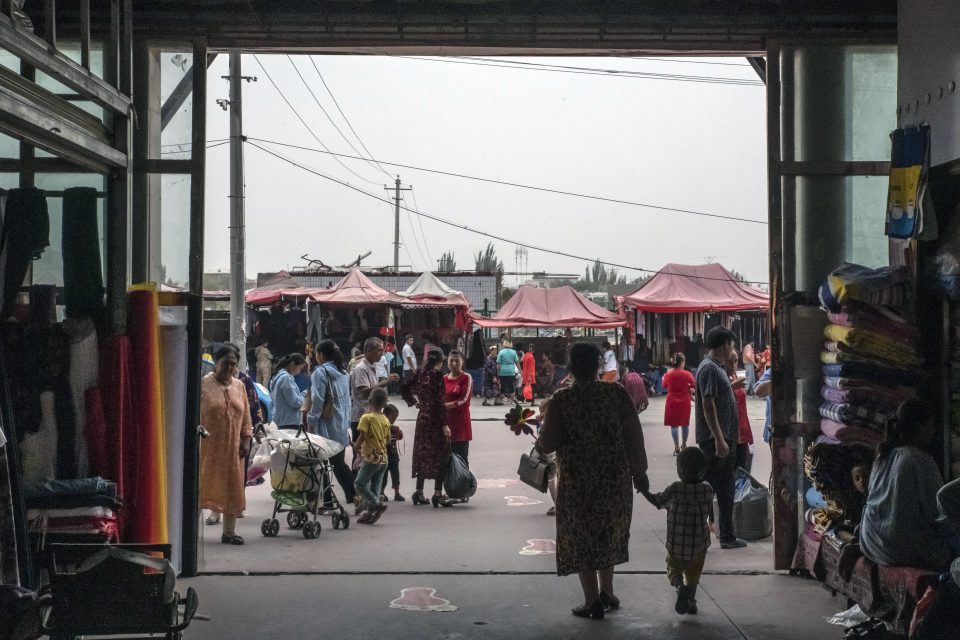UNHCR, the UN Refugee Agency, is warning of a looming humanitarian crisis in Afghanistan as the escalating conflict brings increased human suffering and civilian displacement.
An estimated 270,000 Afghans have been newly displaced inside the country since January 2021 – primarily due to insecurity and violence – bringing the total uprooted population to over 3.5 million.
Families forced to flee their homes in recent weeks citing the worsening security situation as the predominant reason for their flight.
In addition to ongoing fighting, displaced civilians have told UNHCR and partners of incidents of extortion by non-state armed groups and the presence of improvised explosive devices (IEDs) on major roads. Many have reported interruptions to social services and a loss of income due to rising insecurity.
The number of civilian casualties has risen 29 percent during the first quarter of this year compared to 2020, according to UN Assistance Mission in Afghanistan. An increasing proportion of women and children were among those targeted.
The needs of those who have had to flee suddenly are acute. UNHCR and partners, as part of a coordinated response, are assisting newly displaced Afghans with emergency shelter, food, health, water, and sanitation support, and cash assistance, despite challenges in accessing vulnerable groups.
The resilience of the Afghan people has been pushed to the limit by prolonged conflict, high levels of displacement, the impact of COVID-19, recurrent natural disasters, including drought, and deepening poverty. Some 65 percent of the Afghan population – in and outside of Afghanistan – are children and young people.
A failure to reach a peace agreement in Afghanistan and stem the current violence will lead to further displacement within the country, as well as to neighbouring countries and beyond.
Iran and Pakistan host nearly 90 percent of displaced Afghans – more than two million registered Afghan refugees in total. Both countries have granted access to territory and protection to Afghan refugees, along with health and educational services through national systems. Their hospitality and inclusive policies, spanning decades and generations, must not be taken for granted.
UNHCR welcomes the respective governments’ commitment to providing access to asylum amidst the global health and socio-economic challenges of COVID-19. We stand ready to bolster humanitarian support to all host countries in the case of additional arrivals.
We urge the international community to step up support to the Government and people of Afghanistan and its neighbours at this critical moment, in a spirit of solidarity and burden-sharing.
Humanitarian resources are currently falling dramatically short. UNHCR’s financial appeal for the Afghanistan situation (including operations for Afghan refugees in Pakistan and Iran) remains acutely underfunded, at only 43 percent of a total US$ 337 million required.
previous post


